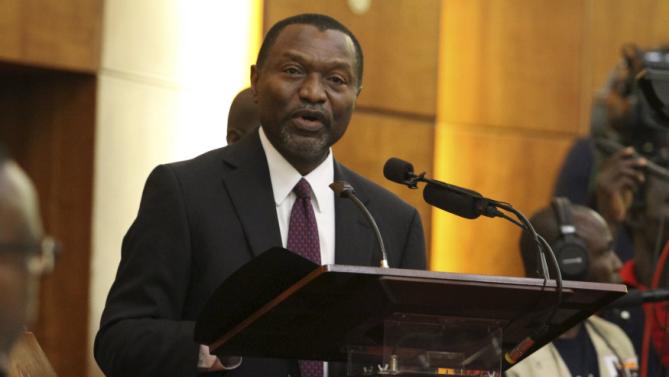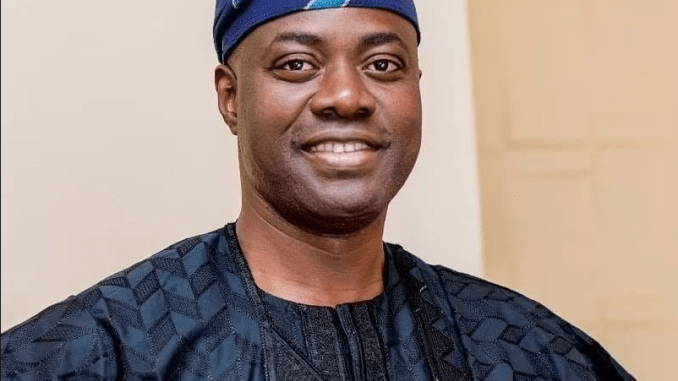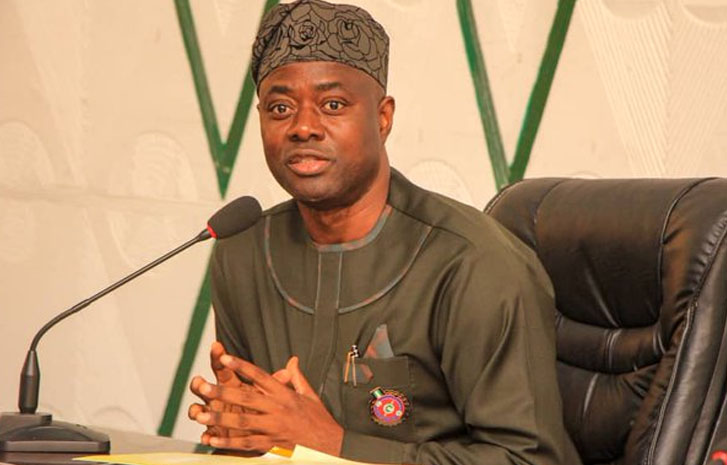Minister of Budget and National Planning, Udoma Udo Udoma, has disclosed that Nigeria has enormous investment opportunities beyond oil as it is being perceived by foreign investors.
Udoma added that areas such as agriculture, education and sports could yield bountiful harvest for investors if properly harnessed.
Udoma, who stated this in Washington DC, USA, where he attended the Spring Meeting of the IMF/World Bank, had discussions with senior staff of the Fiscal Affairs Department of the International Monetary Fund (IMF) on technical assistance on budget issues, particularly on forecasting, policy analysis and expenditure management.
In a press statement by the Special Adviser on Media to the Minister, Akpandem James, Udoma, emphasised the positive growth trend of the Nigerian economy as a result of the policy initiatives in the Economic Recovery and Growth Plan (ERGP), and was pleased to note that there was general acknowledgment that Nigeria’s economy has turned around and was now growing again.
The Minister explained that he was in Washington to market the ERGP and interact with colleagues from other countries to share experiences and also to learn from the experiences of others. He was pleased to note that one of the key messages from the presentations at the Spring Meeting of the IMF/World Bank, was general agreement that sub-Saharan Africa, and particularly, Nigeria, was growing more positively.
He added, however, that despite these positive developments, there was still more work to do as “we cannot afford to relax until we achieve our national growth target of 7 per cent by 2020.”
Senator Udoma said that judging from the series of meetings he has been having with private investors, it was evident that investors are interested in Nigeria.
“Many of the investors I have met have shown interest in the investment opportunities we are creating through the initiatives and reforms in ERGP and are desirous of coming to explore them,” he said, explaining, “they have seen that this is the right time to come to Nigeria. They have seen how committed government is towards improving the business environment, in removing constraints to investments, in diversifying the economy, and in partnering with the private sector on infrastructure development.
“They have seen that most of our macro-indices are turning positive including a consistent decline in inflation from 18.72 per cent in January 2017 to 13.34 per cent by March 2018; and the sustained rise in Foreign Reserves from $24 billion in September 2016 to about $47 billion by early April 2018.”
The Minister said the good news is that the economy is not just growing, but the growth is a little more broad-based. “In other words, Nigeria’s growth is not only a reflection of the performance of the oil sector but also driven by growth in the non-oil sectors.




